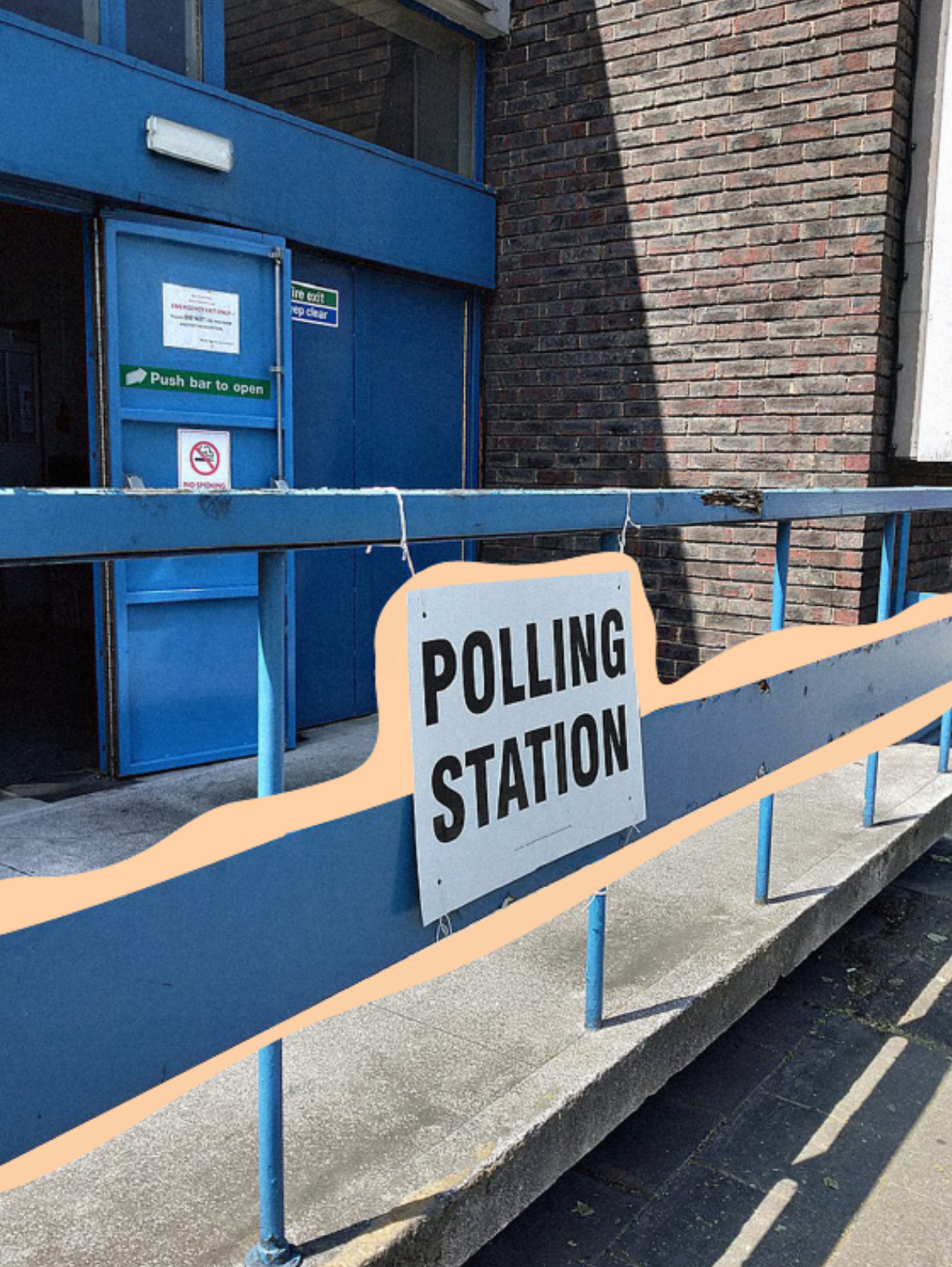Democracy and Participation
If we are penalised or marginalised for civil disobedience when it’s required, then democracy is no longer a vehicle for justice, but a mere label used to justify power, exploiting the people and places it claims to serve.
Democracy is a system of governance influenced by the majority, involving all under its rule – meaning every voice should be reflected and recognised therein. Today, it sees elected representatives shape plans for the masses, and communities engage by voting for the favoured policies presented by candidates. But too often these officials end up speaking for the people, in the private interests of outside powers (transnational corporations and banks), or to expand their own power.
Scientists agree we currently have ten years (max.) to prevent the worst of the human-induced climate crisis, while we concurrently see rife human rights abuses and poor living conditions, plus the likely extinction of up to 1 million animal species. Our choice is clear: economic transition or ecological collapse. However, politics-as-usual affords us neither the time nor the tools for the kind of significant changes needed to mitigate these growing emergencies, and most democratic institutions operate under four-, five-, or six-year cycles.
Internal Conflicts
Democracy is upheld as a beacon of ongoing reform; the path to inevitable betterment. Yet this “arc of progress” narrative, touted widely by liberal leaders, can restrict the call to action. Reforms simply can’t keep up with the destructive progression of neo-liberal capitalist growth.
Placing optimism in mainstream institutions who promise a better tomorrow—despite past and present failures—seems to get us no place that looks or feels much like real progress. In fact, it can cause complacency among governments and citizens, while justice remains an evermoving mark on the horizon. If we are penalised or marginalised for civil disobedience when it’s required, then democracy is no longer a vehicle for justice, but a mere label used to justify power, exploiting the people and places it claims to serve. The system itself—however well-intentioned—requires defiance when its electorate face mounting hardships without meaningful intervention.
This is clear in many wealthy democratic nations with high rates of poverty, unemployment, and ill-health. Conservative austerity policies, popular across elite, western powers, have systematically starved the low-carbon, welfare-oriented sectors of healthcare and education, and undercut necessities like public transport; instead facilitating the privatisation of carbon intensive industries such as fuel, food production and aviation. Such approaches often coincide with a “tough on crime” stance, triggering a fruitless merry-go-round: policing the system’s own worsening symptoms while the root cause goes untreated. The elephant in this at capacity room is the fact that neo-liberal capitalism and democracy have entirely different principles: one fosters unequally distributed property rights, the other strives for equal civic and political rights.
Western democratic party systems are largely oppositional, meaning their purpose easily becomes “winning” or “losing” in the face of opponents to manipulate public support. A powerful few are given the authority (and stipend) to shout down the other “side”. In this system, rhetoric triumphs over action.
People Power
Division sits at the core of our society when unity and collaboration are key to productivity. True democracy needs to be participatory to live up to the name. This means residents of a community gathering to put forth their needs, outlining what a practical shift towards a new, healthy, regenerative economy looks like in their localities, independent of private interests.
Every vote, every voice must count, with corporate money removed from political campaigns – in fact, denied a seat at the table all together. Democratic governments can’t prioritize winning concessions from corporations to stay afloat (anymore). There’s too much at stake.
Participatory Democracy is an alternative kind of grassroots democracy wherein citizens have the decision-making power. This can be achieved through the selection of a fair cross-section of society as representatives, a bit like a jury. Extinction Rebellion exemplified this model in their call for a UK Citizens’ Assembly to convene on the agreed 2030 emissions targets.
Use Your Voice
Democratic participation aims to allow the public meaningful input into decision-making processes that directly affect them. Frontline and fence-line communities, as well as historically oppressed people from MAPA nations or Indigenous groups, are the ones facing the first and the worst waves of the climate emergency, ill-health from pollution and the violation of their basic rights due to corporate land-grabs. It’s these people, therefore, whose voices first need to be amplified in the shift towards regenerative, localised economies and the creation of truly beneficial systems of democratic governance.
A close look at modern democratic institutions begs the question of whether we are free to participate fully in shaping our collective interests at this vital juncture. And if not, maybe progress looks something quite different to what we’ve been sold. Maybe you can’t buy it at all.





